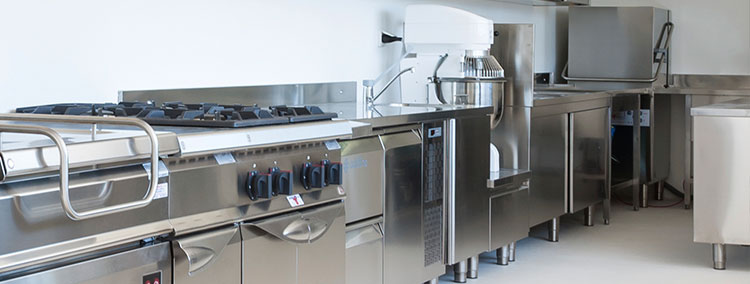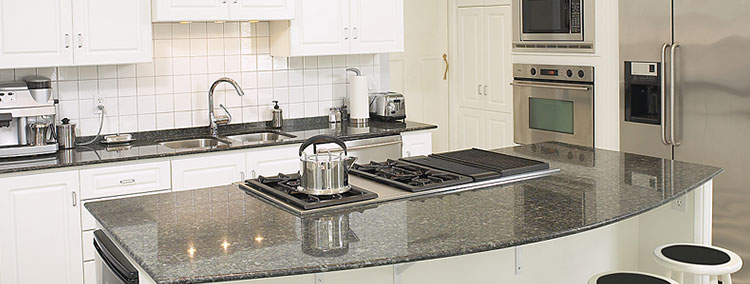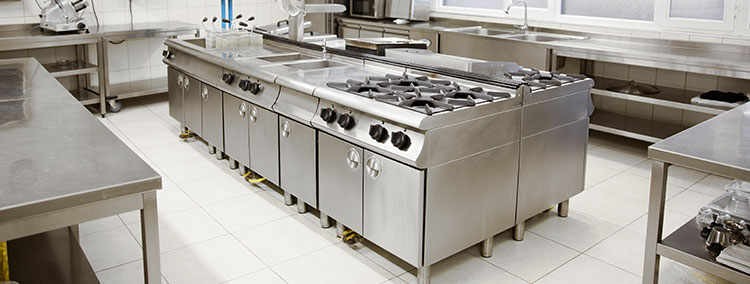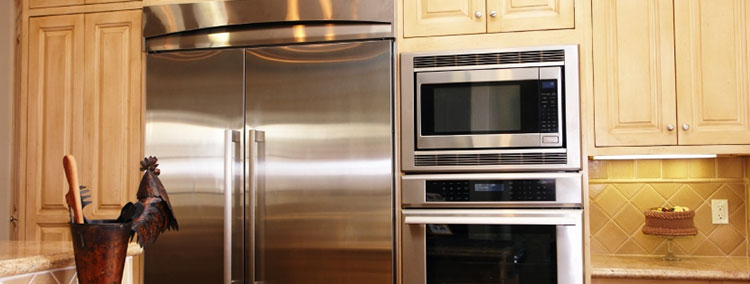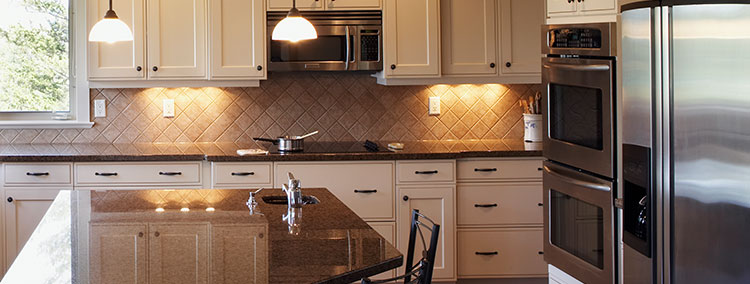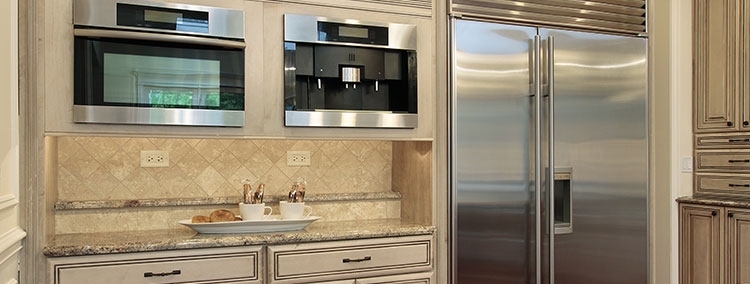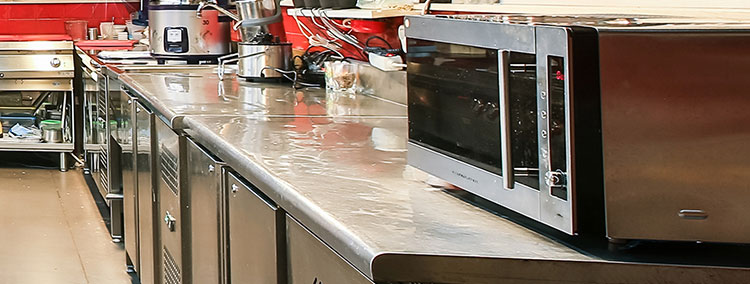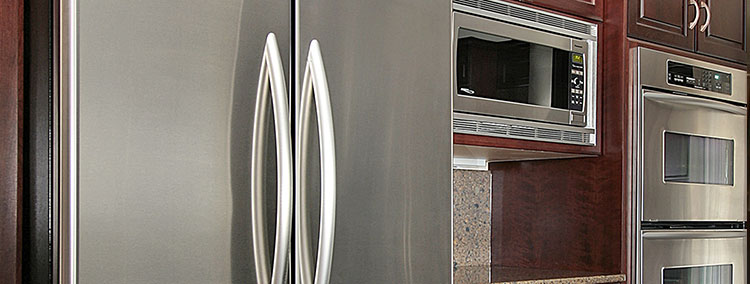There are many kitchen appliances and for them to continue working effectively for long you need to take good care of them. Here are kitchen appliance maintenance tips:
Refrigerator
A broken down refrigerator is very inconvenient. To avoid the breakdown you should clean the appliance at least once a week and remove all the old food and mold that might be there. You should also remove dirt and cobwebs from the back of the refrigerator using a broom.
You should go around the appliance and ensure all the parts are working perfectly. You should take a look at the door bins, caps shelves and retainer bars. To have peace of mind you should repair even the most minor flaw that you notice. If your refrigerator has crisper drawers or glass shelves you should replace them even if they have a minor crack.
A refrigerator that is on the verge of breaking down produces unusual sounds. You should listen to any sounds that might be coming from the evaporator fan motors or condenser fan. Any rattling, buzzing, squeaking or squealing sound is a cause of concern.
If you can’t fix the problem you should ask a refrigerator repair professional to take a look at it.
Dishwasher
The dishwasher saves you a lot of time and energy as all you need to do is to put your dirty utensils in the appliance and it handles everything. One of the major reasons why the appliance breaks down is due to improper use.
To avoid hiring a commercial appliance repair professional every now and then you should carefully load the appliance. The racks are made from steel wire and coated with a vinyl material that can easily get damaged when used roughly. The appliance can also stop working if you overload it.
Remember that the appliance also gets dirty just like any other appliance in your home; therefore, you should clean it on a regular basis.
When cleaning the utensils you should take care that no foreign materials enter the pump area. Materials in the pump area tend to damage the impellers, filters, and seals requiring you to undertake expensive repair.
When the dishwasher is running, you should listen to any unusual sounds such as rattling, grinding or scraping noises. If you notice any unusual sounds you should hire a dishwasher repair contractor to fix it.
Conclusion
A malfunctioning kitchen appliance is very inconvenient and can cost you a lot of money to repair it. To avoid hiring emergency kitchen appliance repair Alexandria you should properly maintain your appliances.
